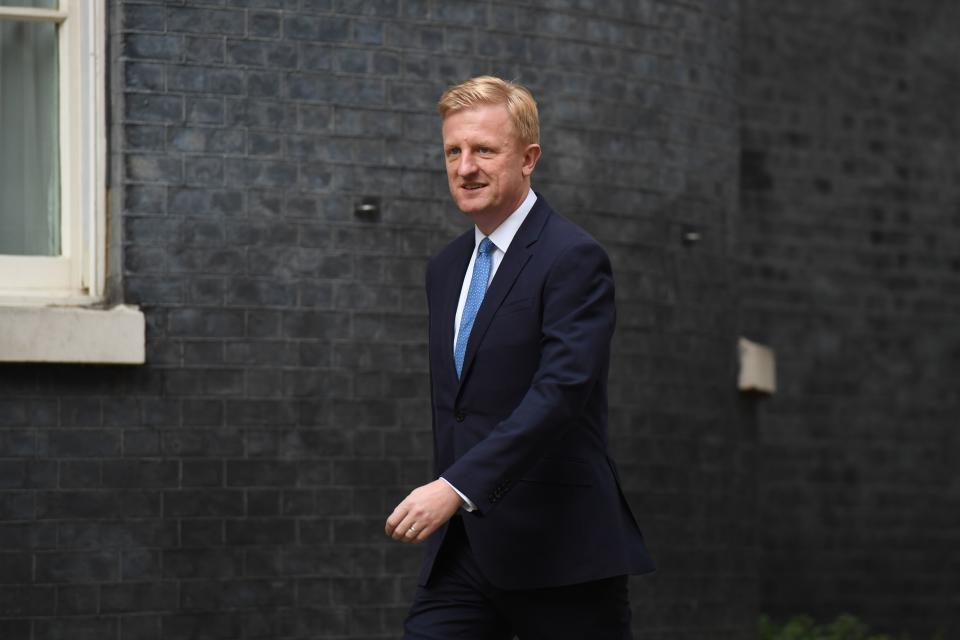UK Mulls New Curbs on Outbound Investment Over Security Risks
(Bloomberg) -- The UK is considering new curbs on outward investment in emerging technologies such as artificial intelligence and semiconductors, citing the potential security risks of aiding hostile states such as Russia and China.
Most Read from Bloomberg
Record Rainfall in Dubai? Blame Climate Change, Not Cloud Seeding
Red Lobster Considers Bankruptcy to Deal With Leases and Labor Costs
Britain’s deputy prime minister Oliver Dowden, who oversees the UK’s investment regime, said he’s planning to work with other Group of Seven nations to assess the risks and consider whether to introduce extra restrictions.
The government’s concern is that some outbound investments may be used to “facilitate and support and aid strategic uplift of adversaries,” Dowden said in an interview, citing areas such as semi-conductor manufacturing, cryogenic equipment and facial recognition technology. Nevertheless, “there’s a high bar for the imposition of any form of restrictions,” he said.
The UK’s focus on the issue follows President Joe Biden’s order last year to limit US investment in some Chinese advanced technology companies, as Western nations try to strike a balance between protecting national security while encouraging free trade and innovation. Dowden said he will also review Britain’s approach to export controls and clarify the circumstances in which the government would review inward investment in sensitive sectors like critical minerals and semiconductors.
Read More: UK Weighs Measures to Crimp Investment in China After Biden
“The risk landscape is increasing all the time,” Dowden said, referring to Russia’s invasion of Ukraine, Chinese aggression in the South China Sea and the threat of ransomware attacks. “We are in a state of cyber and economic contestation with an increasing range of state and non-state actors.”
The move by Biden last year regulated US investments in some Chinese semiconductor, quantum computing and AI firms, and the British government said at the time that it would consider its own next steps.
Yet whether the Conservative Party will be in power to see through changes in this area is far from certain, given the opposition Labour Party’s commanding poll lead ahead of a general election that must be called by January 2025 at the latest.
Most Read from Bloomberg Businessweek
What Really Happens When You Trade In an iPhone at the Apple Store
Aging Copper Mines Are Turning Into Money Pits Despite Demand
Rents Are the Fed’s ‘Biggest Stumbling Block’ in Taming US Inflation
The AI Chatbot That Could Transform Business School Accreditation
©2024 Bloomberg L.P.

 Yahoo News
Yahoo News 



